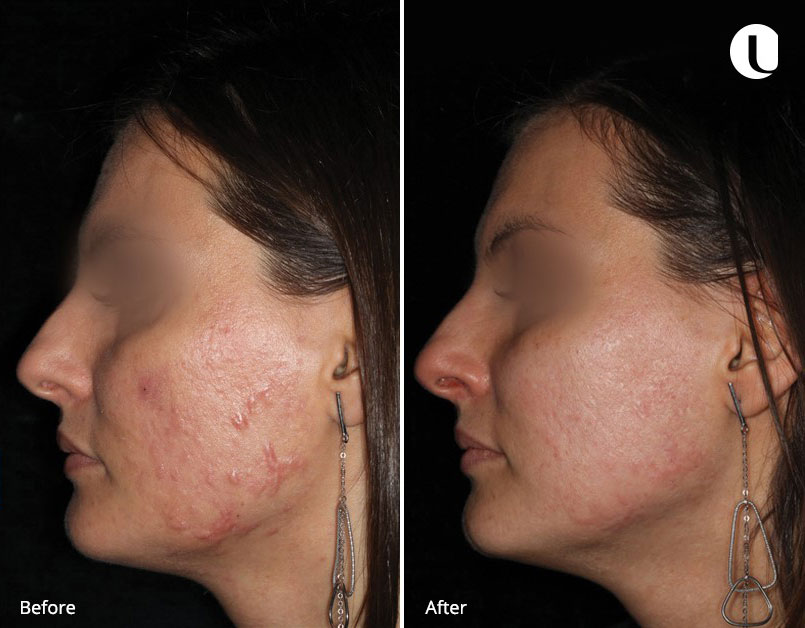
Your Pharmachoice pharmacist can help you select the treatment and complementary products you may require. Trials of treatments may be required to find the product which will work best. Spironolactone is an oral medication that helps clear hormonal acne in women in their 20s and 30s as well as women in the perimenopause and menopause. Treating acne is akin to detective work, any information you can provide regarding where lesions are present, when are they worse, and what you have tried will help to narrow the best treatment for your condition. Often, combination moisturizers with sunscreens should be used. Many acne treatments require avoidance of the sun and may dry the skin.
ACNE MEDICATION TRIAL
It is important to persist with treatment for a good trial period so as not to rule out a regimen that may be working. In many cases, treatment will initially reveal more lesions – making you look worse (sorry!) before improvement is realized. Your Pharmachoice pharmacist can help with treatment options, prescribing where possible or may refer you to a physician or dermatologist.Īcne treatments often require weeks to months for noticeable improvement. In some provinces, a pharmacist may be able to prescribe prescription medication for acne.
ACNE MEDICATION SKIN
Your pharmacist can assist with choices of skin cleansing products and is knowledgeable of the choices of acne treatments available. It is vital that washing is not excessive and a skin-friendly wash is used. However, over washing, excessive force or using soaps that strip the skin of its natural protective secretions may cause more outbreaks. Both topical and oral medications need at least a few weeks to start working. One of the most obvious starts is to prevent blockage of the hair follicle. In fact, some medications might cause acne to get worse before it gets better. The goal of acne treatment is to reduce outbreak numbers, severity and prevent scarring. Other triggers include touching or physically blocking hair follicles (hair at the forehead, phones touching the face, cosmetics, and oily moisturizers), or a genetic predisposition, Some medications may also be a cause for acne. One common trigger for acne is hormonal, hence it affects teenagers and young adults, persisting more in adult women.

Treatment choices will vary depending on symptoms and severity. Acne can also have a bacterial component and/or inflammation.

It usually affects the forehead and face, but may include the back, shoulders or chest. They are caused by a blockage of oil, debris and dead skin in the hair follicle. These medications can kill acne-causing bacteria, normalize the shedding of dead skin cells, keep pores clear, and reduce the number of comedones, depending on. You get the benefits of both medications with just one application. Acne may also impact social interactions and self-esteem.Īcne symptoms include whiteheads, blackheads or pimples. Topical combination medications, as the name suggests, include medications that contain two acne-fighting ingredients. However, even mild acne may be linked to depression that leads to self harm. Why should you treat acne? Acne can be mild or severe enough to permanently scar or disfigure. More women than men are affected by adult acne. Acne almost always affects the face, but may also be on your body. Almost 20 percent of Canadians have acne, most are teenagers to adults in their 20’s.

The pharmacy is a good start when trying to treat acne.


 0 kommentar(er)
0 kommentar(er)
